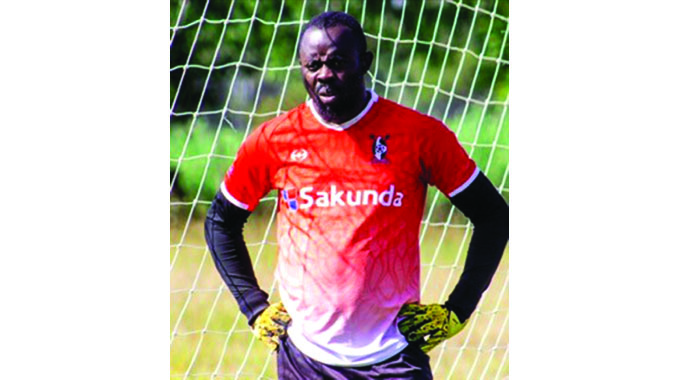IOC open the door for Russian, Belarusian athletes at Paris 2024

GENEVA. — The Iinternational Olympic Committee made clear on Wednesday it wants Russians to compete at the 2024 Paris Olympics as neutral athletes, in defiance of Ukraine president Volodymyr Zelenskyy’s call to exclude them entirely.
Citing a “unifying mission” during a time of war, the International Olympic Committee said no athlete should face discrimination based only on the passport they held.
“A pathway for athletes’ participation in competition under strict conditions should therefore be further explored,” the IOC said in a statement published after an executive board meeting. IOC president Thomas Bach did not hold his usual news conference after the meeting.
Russia was not directly condemned in the statement though athletes who have been “actively supporting the war in Ukraine” face being excluded from the Paris Olympics that open in 18 months’ time, the IOC said.
The IOC cited the example of Yugoslavians competing at the 1992 Barcelona Games — as “independent athletes” while the nation was under United Nations sanctions during a civil war.
The willingness of Olympic leaders to involve Russia and its military ally Belarus is likely to be met with dismay and anger in Kyiv.
Russian Olympic Committee president Stanislav Pozdnyakov said in a statement later on Wednesday that “the voice of common sense has been heard.”
“The priority for us remains the same — to secure the rights and interests of our athletes,” Pozdnyakov said.
The IOC board met to formalise a position after rounds of conference calls last week with global groups of Olympic officials, sports governing bodies, IOC members and athlete representatives.
Despite some pushback in those calls, including from the Ukrainian Olympic body, the IOC claimed on Wednesday its stated aims were backed by a “vast majority” of those who took part.
Russians would be classed as “neutral athletes” and “in no way represent their state or any other organisation in their country,” the IOC said. Russian athletes have not competed under their country’s name at any Olympics since the 2016 Rio de Janeiro Games because of the fallout from a prolonged doping scandal.
While Russian athletes are banned from most international sports, tennis has been the highest profile example in the past 11 months of Russians continuing to compete without symbols of national identity such as flags and anthems.
However, tensions have flared at the Australian Open with provocative flags, chants and T-shirts in support of players from Russia advancing to the semi-finals this week. The IOC noted on Wednesday that its advice was to prevent such displays across “the entire venue.”
The Olympic statement suggested responsibility would lie with individual sports governing bodies to ensure that any Russian athlete supporting the war is removed from competition, suspended and reported to the IOC for further action.
One possible route for Russians trying to qualify for Paris is competing in Asia rather than Europe where they would face boycotts and hostility from other athletes. The IOC said it “welcomed and appreciated the offer from the Olympic Council of Asia,” though did not commit yet to the plan.
The Olympic body did also call on sports bodies to strengthen “full and unwavering commitment to solidarity with the Ukrainian athletes” preparing for the Paris Games.
President Bach said in December the IOC faced a “big dilemma” in ensuring athletes do not suffer as a result of sporting sanctions.
Some sporting federations have ignored the IOC recommendation and allowed individual athletes to compete as neutrals but others have complied.
The Lawn Tennis Association was fined £820 000 for banning Russian and Belarusian players from last summer’s grass-court events, including Wimbledon. — AP.








Comments